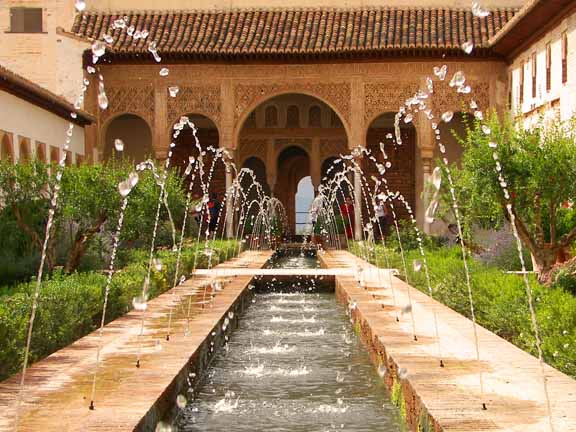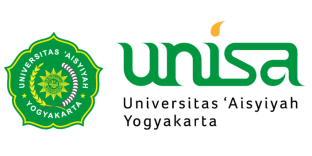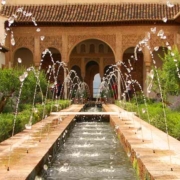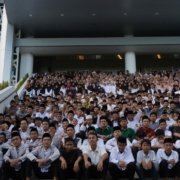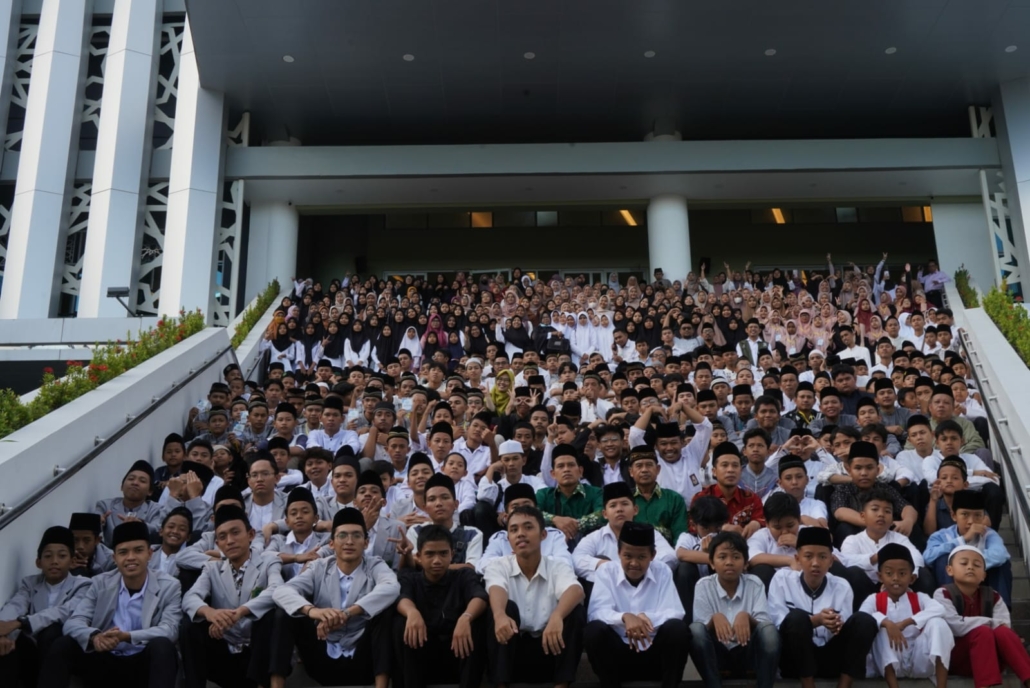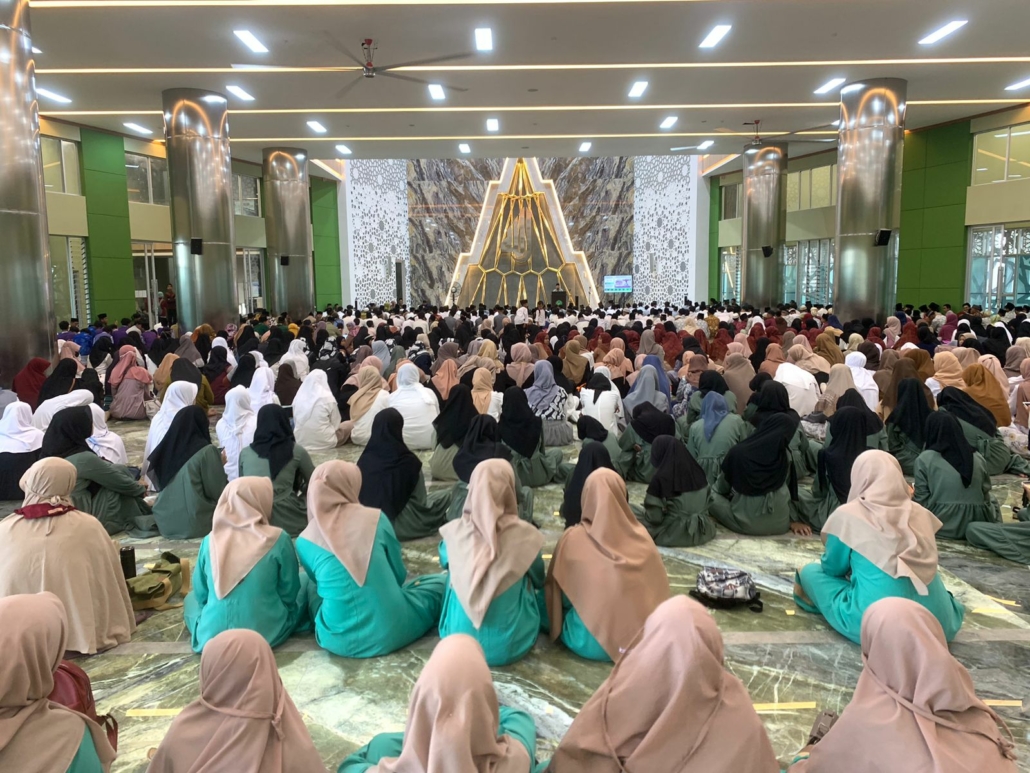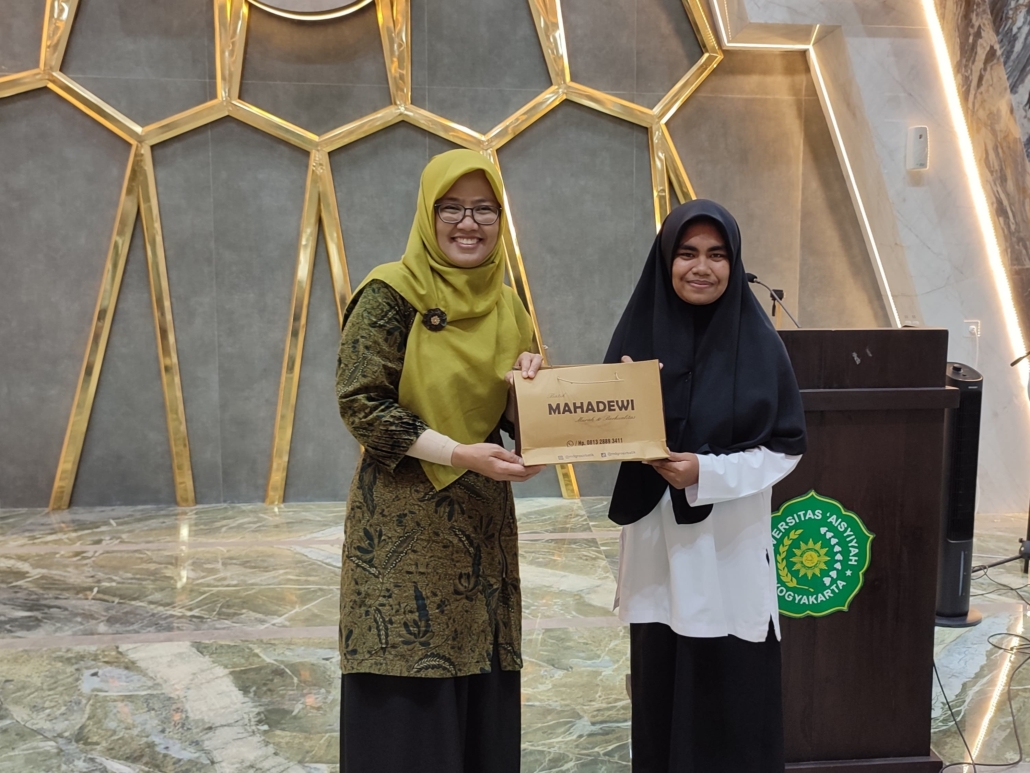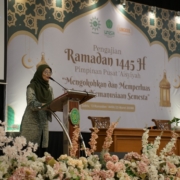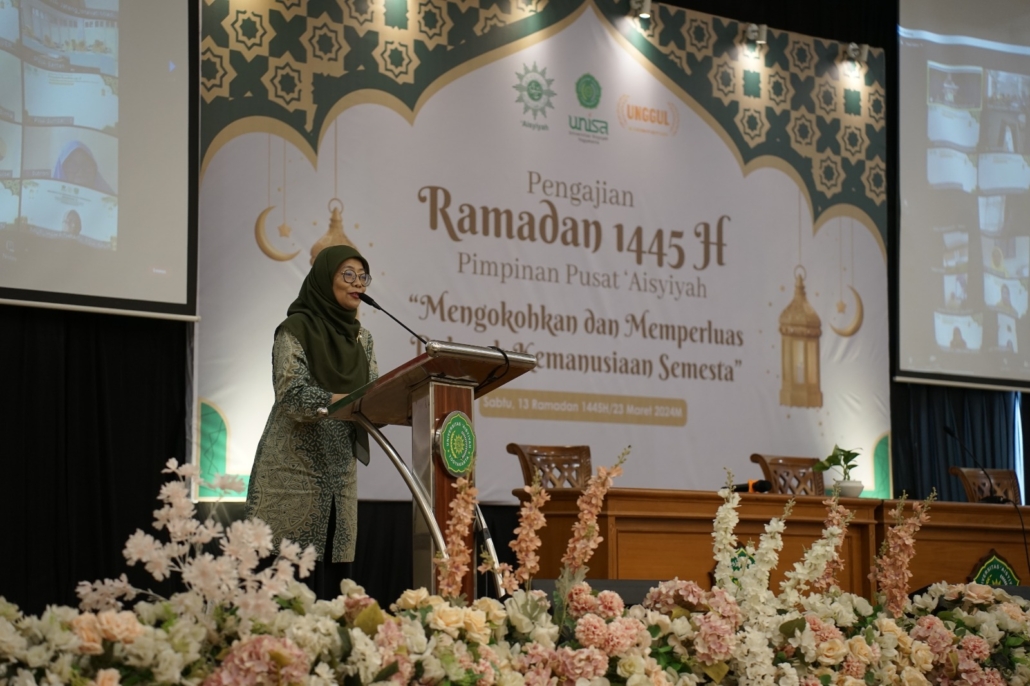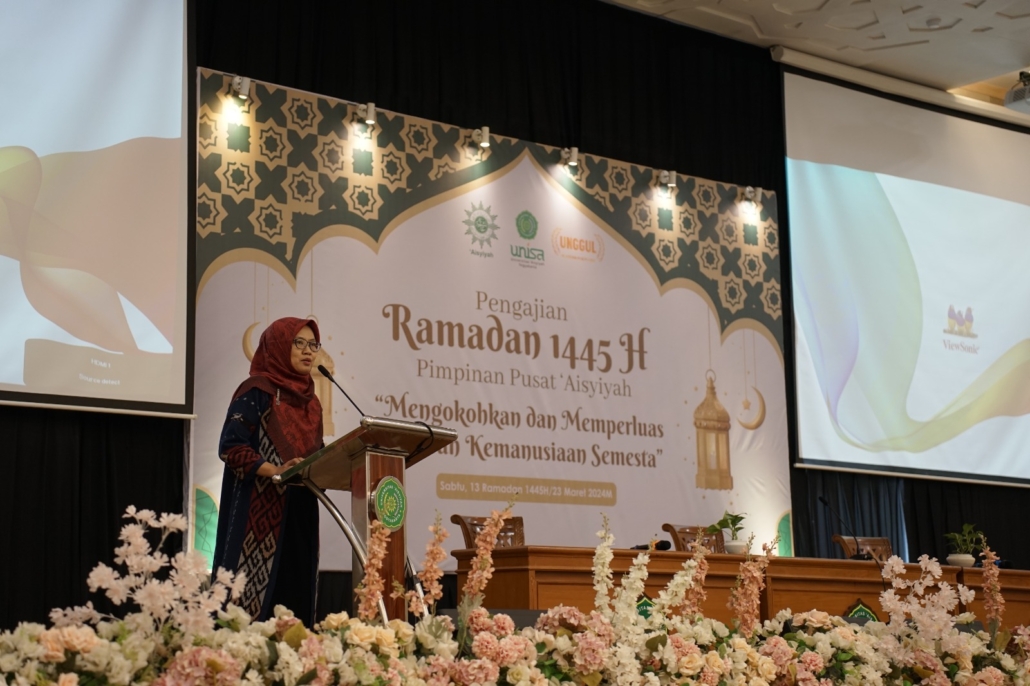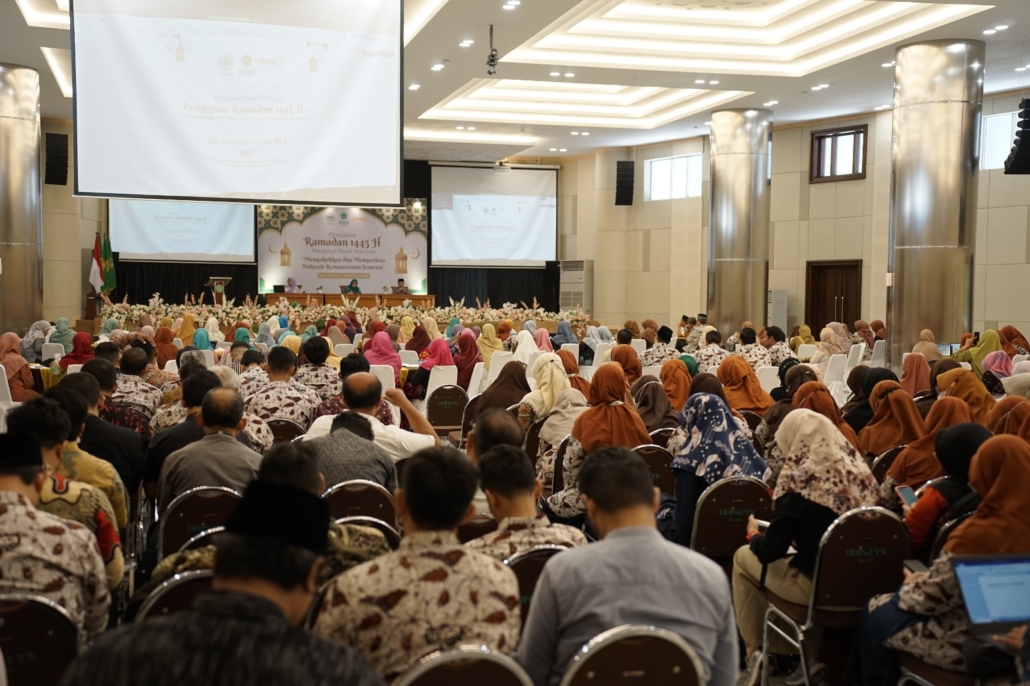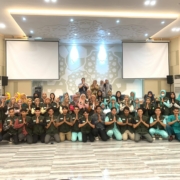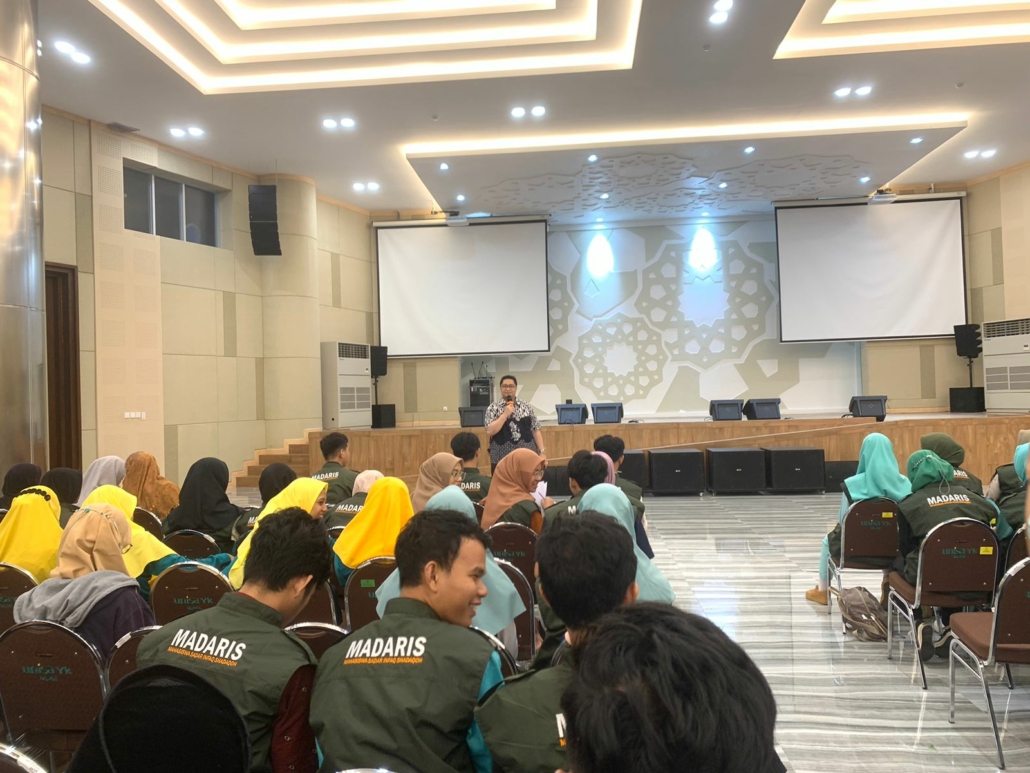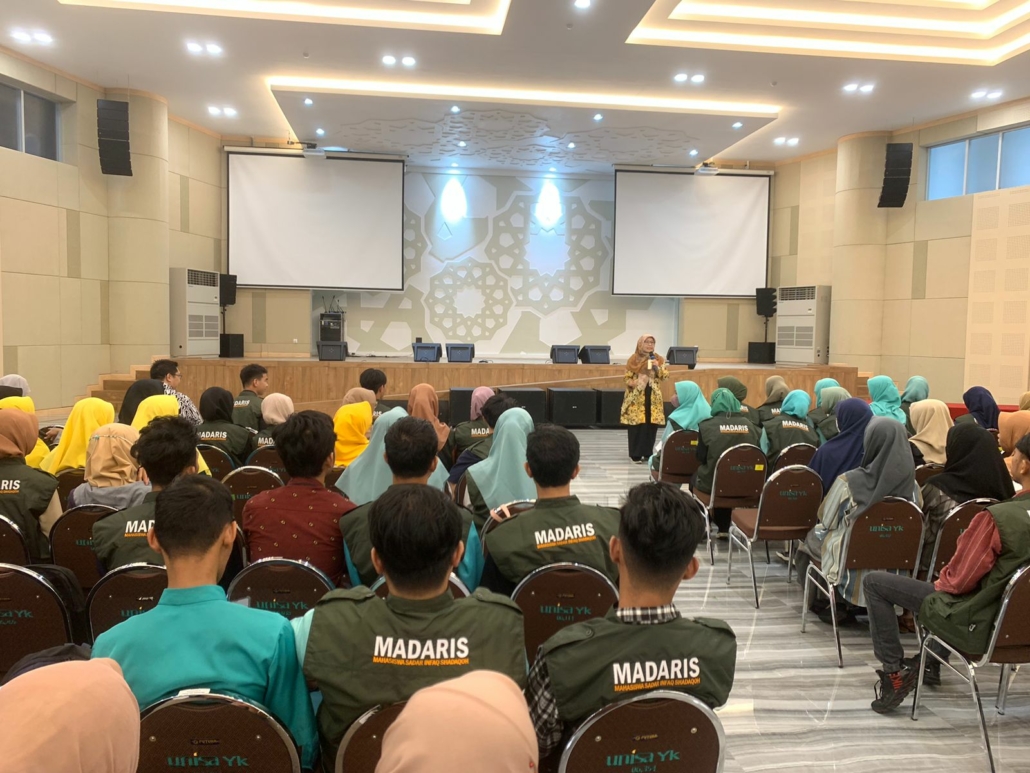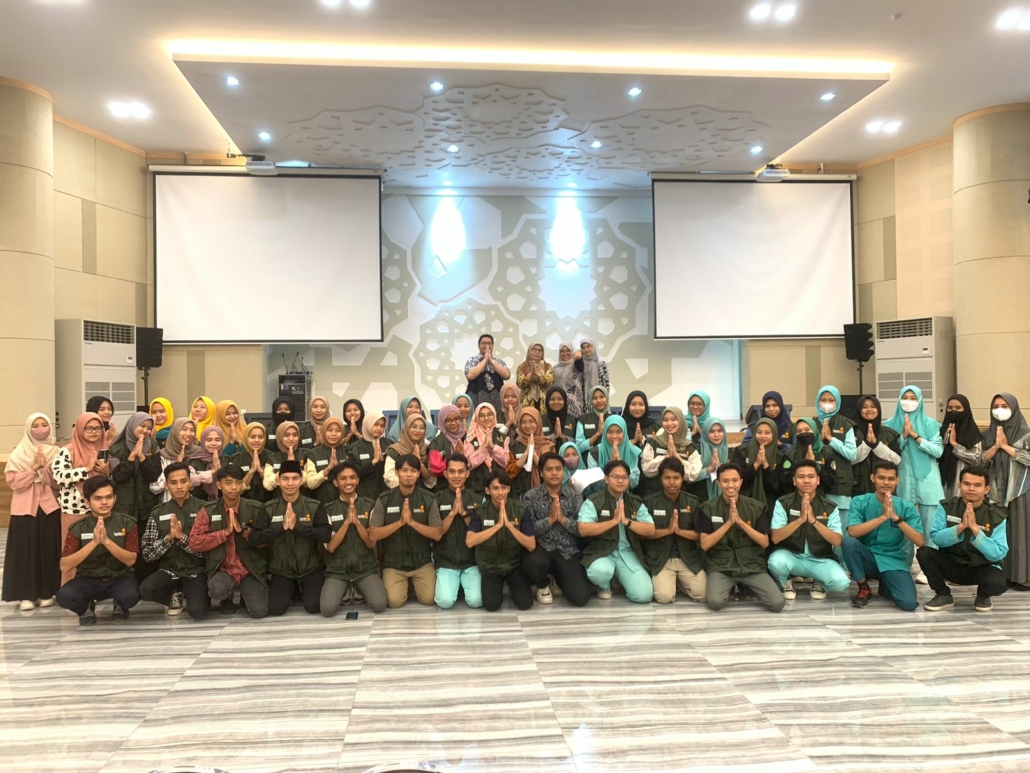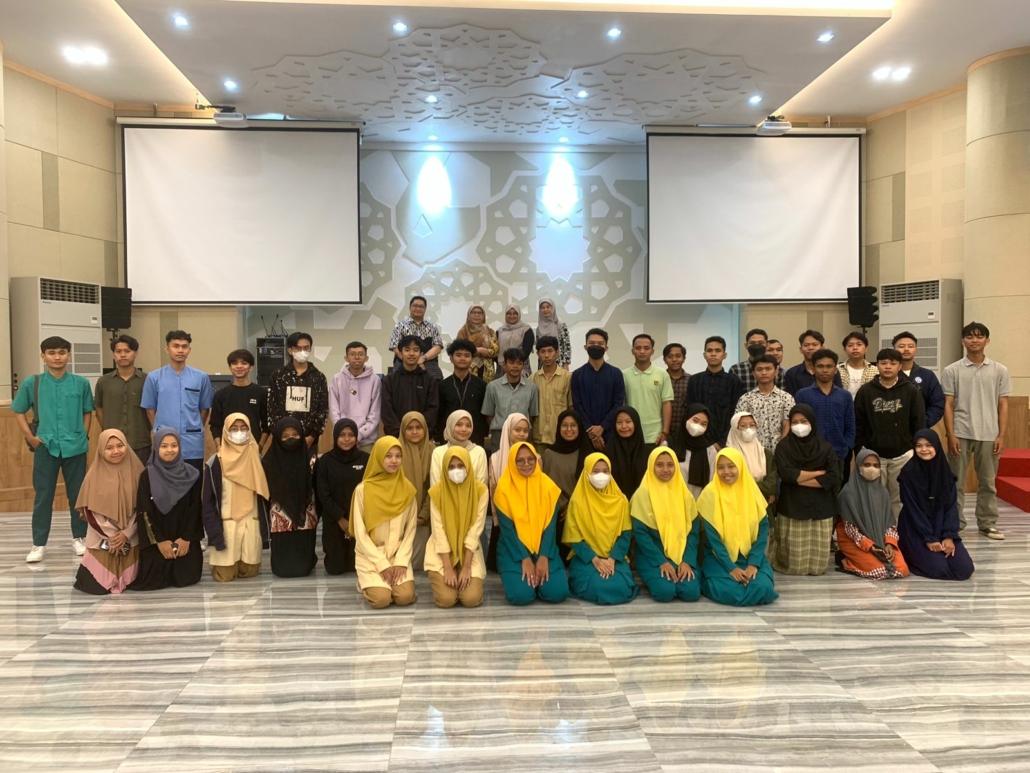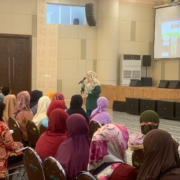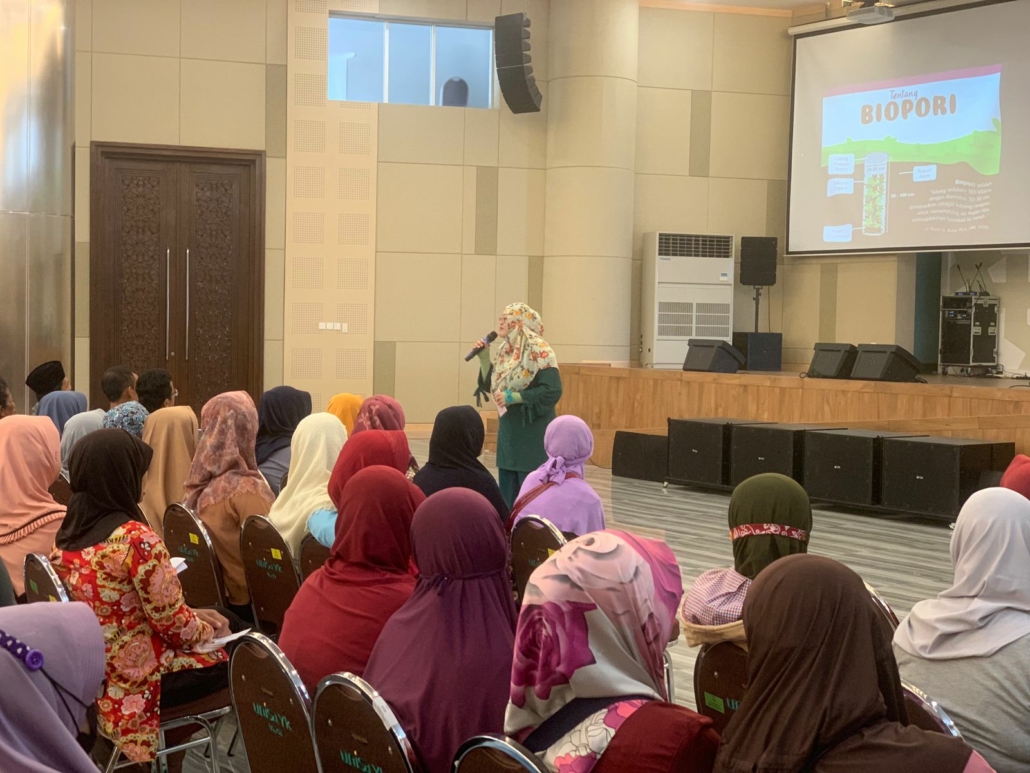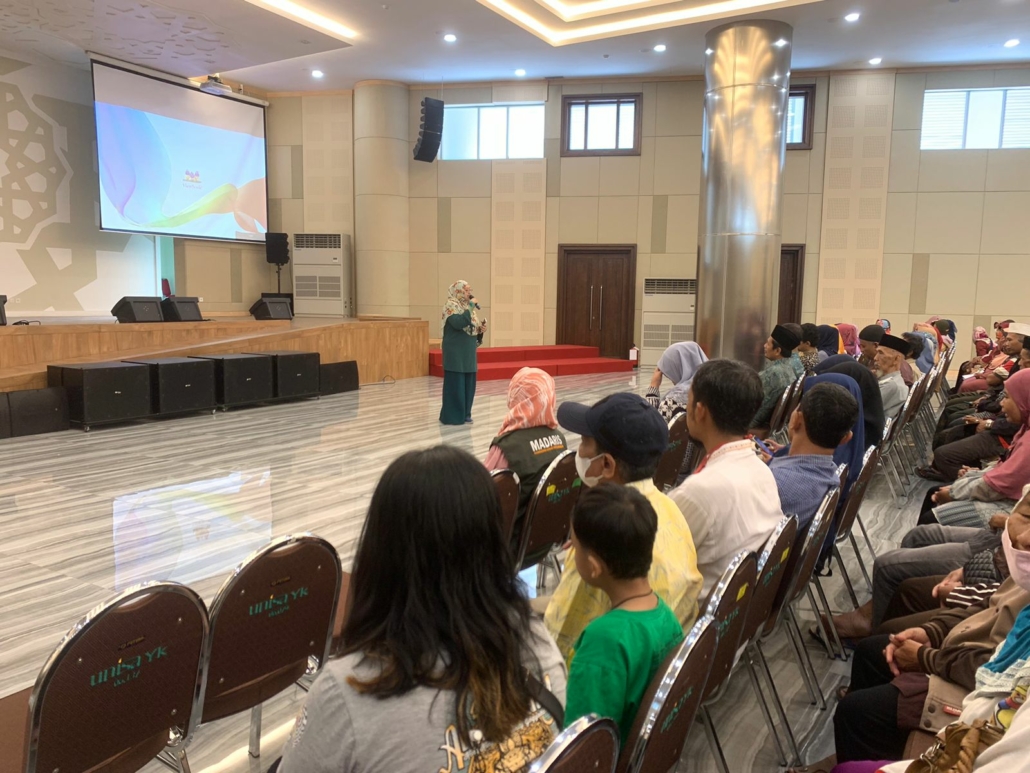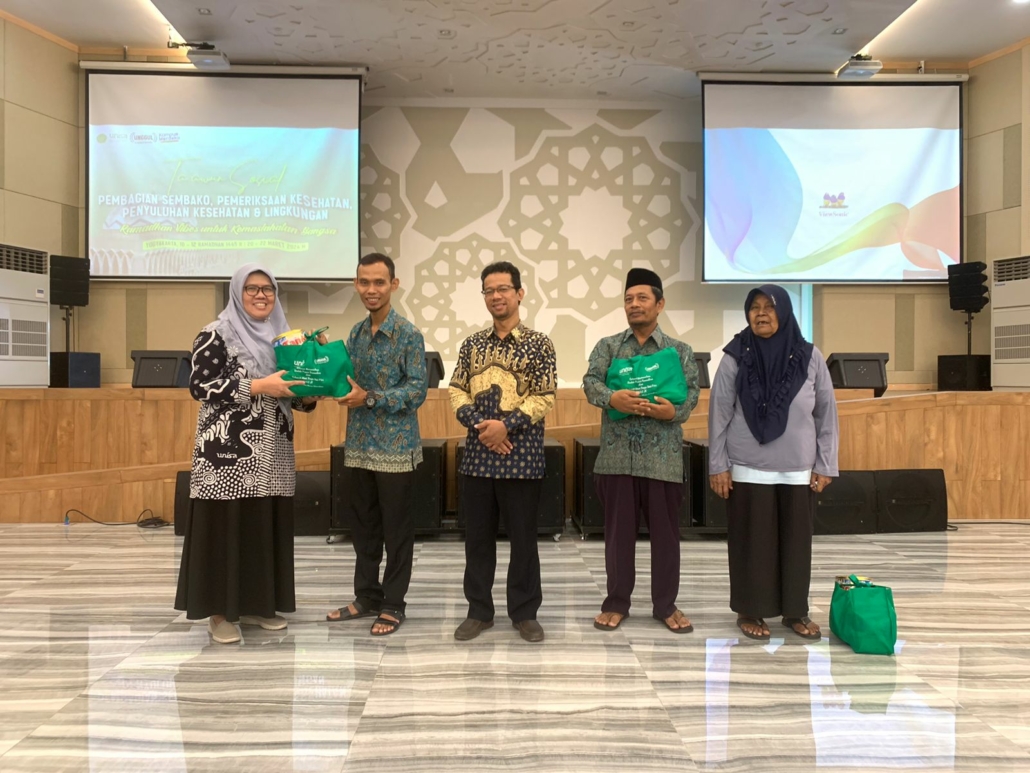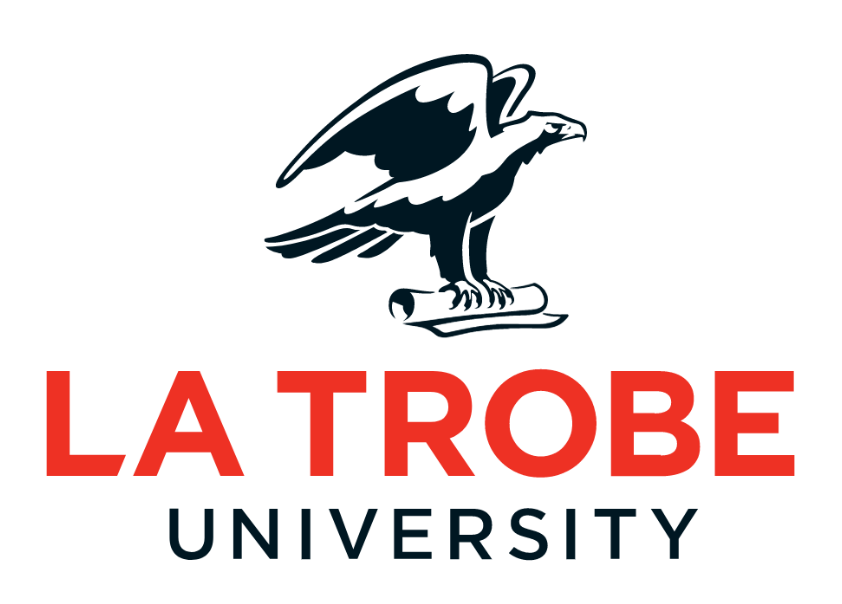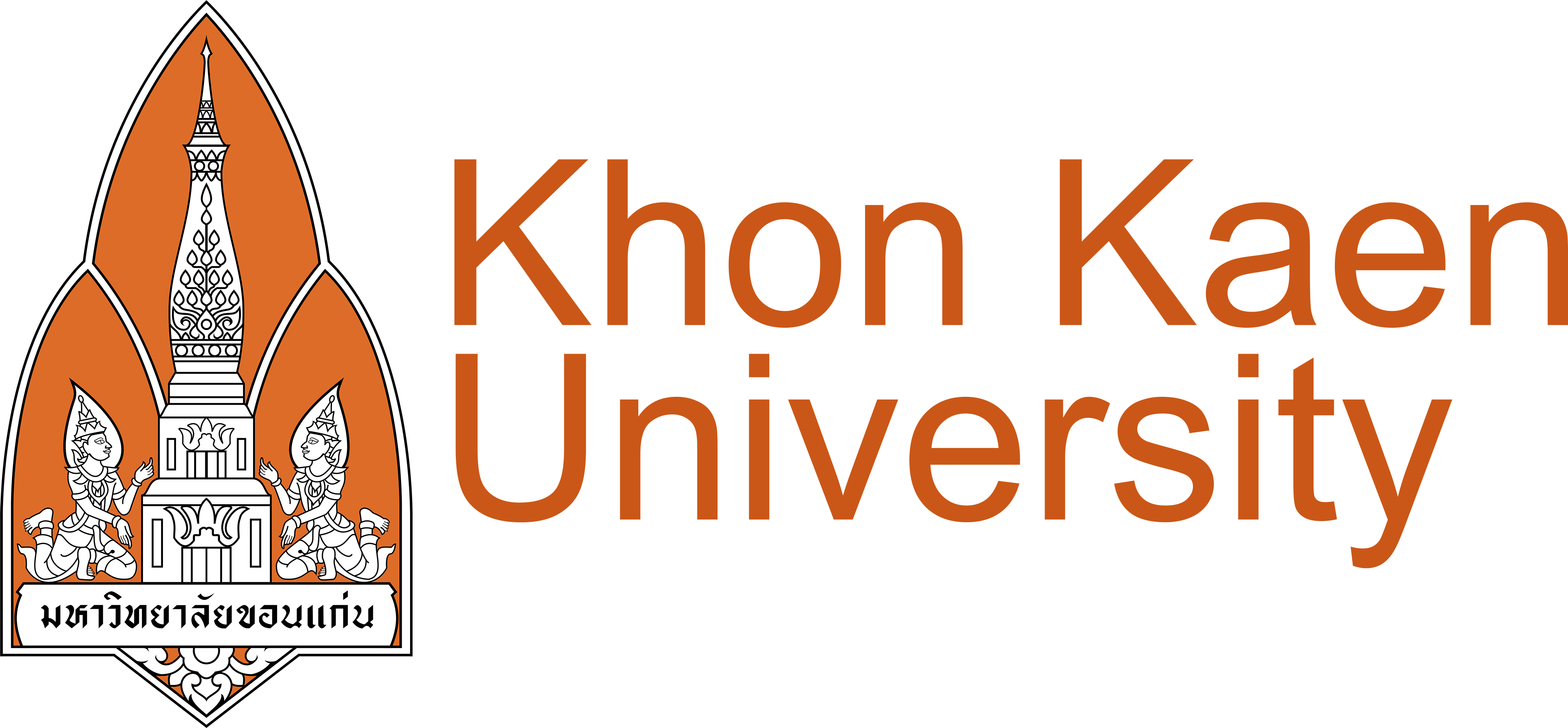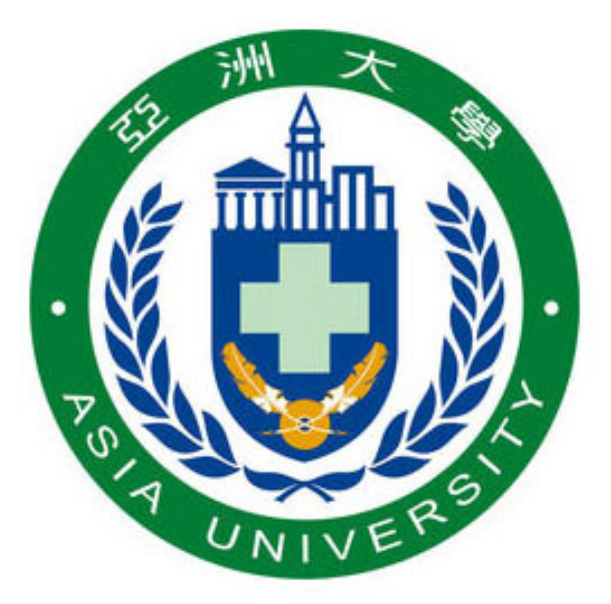At the Dzuhur Ramadhan study at the Walidah Dahlan Mosque, UNISA Yogyakarta, Tika Ainunnisa Fitria, S.T., M.T., Ph.D Dean of the Faculty of Science and Technology (FST), University of Yogyakarta, was the speaker of the cultum and discussed how landscape or landscaping art is part of the strong form of the Islamic nation, and how as a milestone in the development of landscape science or world landscaping art.
Tika explained that landscape originated in the early thirteenth century and is defined as land area or environment, which can easily be associated with the art of gardening. However, the implementation of this science has existed since the time of the Prophet Muhammad. At that time the Arabs were a nomadic tribe and a nation of traders. Trade was from west to east through the Tigris and Euphrates rivers, to the Persian Gulf, along the Nile to the Red Sea. The Islamic nation has influenced the landscaping system or the art of gardening in the areas it controls.
“In this era, landscaping was done by establishing irrigation systems to create streams of water to the gardens, where most of the areas controlled by Islam had low rainfall or drought. Or the system of draining snow from mountain peaks into dams which were then passed on to waterways leading to gardens. This system created Islamic gardens that continued to grow and improve. This can be seen in the illustration of Garden Carpets, a Persian rug from the 17th century,” he explains.
This landscape science developed when Islamic rule reached Asia in India and China around 751 AD where the Chinese army was conquered by Islam. These early Islamic gardens began to be influenced by China. In the Islamic gardens of this era, plants were allowed to grow naturally, there was an arrangement of fountains, natural waterfalls (cascades), given stone carvings to create foaming water, planting tree patterns that cast shadows in the summer and transmit sunlight in the rainy season and planting a variety of fruits, nuts, and flowers, as well as placing animals such as geese, pigeons, birds. During this era, Muslim gardening knowledge improved. Unfortunately, the legacy of Islamic gardens in this era no longer survives to show the history of this Early Islamic Gardening Art.
Tika hopes that the development of landscape or gardening science is no longer on the substance of elements and design alone, but rather on how to design an Islamic Garden based on the Quran and Hadith; namely by upholding sharia restrictions on its elements and promoting Islamic inspiration in its character. Not violating things that are forbidden, such as prohibited elements (statues, gold and silver materials), prohibited characters (luxury, mixing good and bad), and activities that violate sunatullah.
“Islamic gardens must be able to be part of muamalah,” he concluded.
